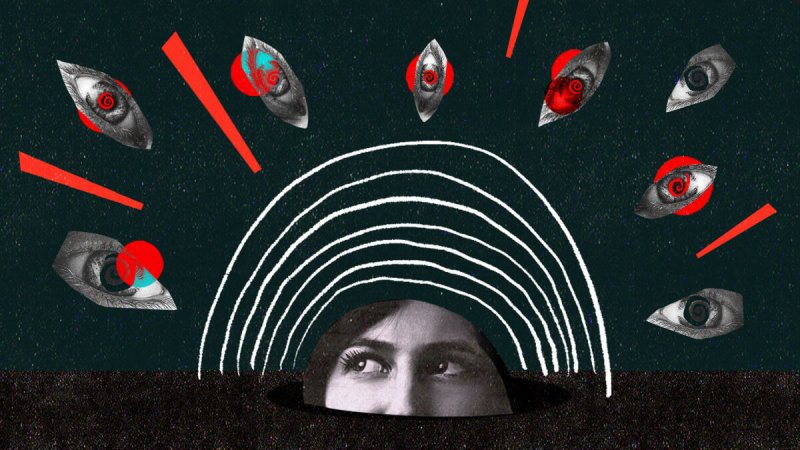The study, published on September 10 in The Journal of Personality, looked at 1,927 people, a mixture of Emory student and random virtual participants. The majority of participants were college-educated, white, and identified as Democrats, but a small sample of Asian, African American, and Hispanic participants also participated.
First, the researchers determined how likely it was for each participant to believe in a conspiracy theory. To do this, they asked each person to rate conspiracy statements, some based on specific events and other more general theories, on a scale of 1 (completely false) to 6 (completely true).
…
They found 60% of participants weren’t likely to believe these conspiracies, but 40% were.
The researchers then ran another test to analyze subjects’ individual personality traits.
The correlations between certain personality traits and a tendency to believe conspiracies was small, lead researcher Shauna Bowes told Insider, but still offer insights into how personhood influences behavior.
…
“Those things might not necessarily hang together in the same individual, but they’re traits across individuals that might make it more likely to not question your beliefs because you’re certain of them, or find comfort in them because nothing else seems to make sense, and you’re alone and scared,” Bowes told Insider.































